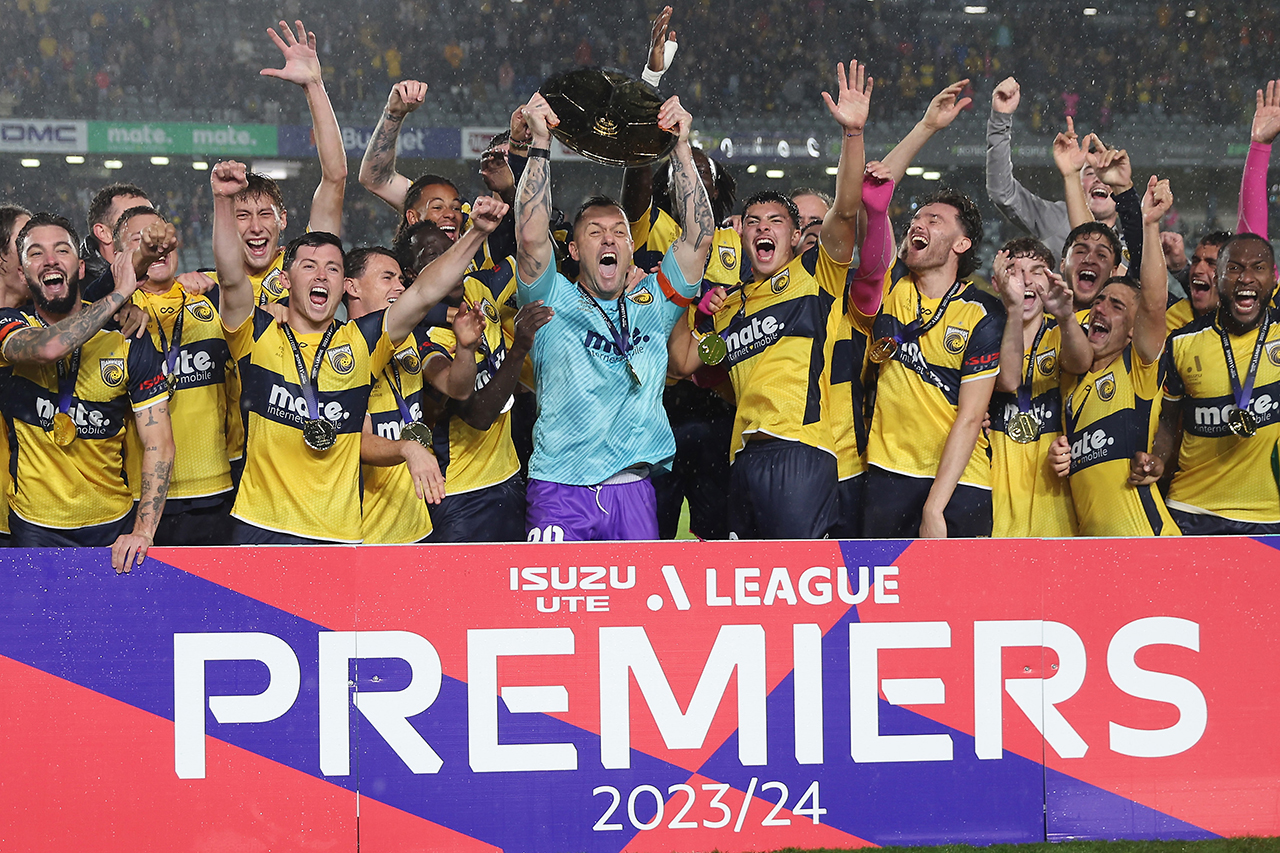“Given that Airbus is getting very good sales from the A220, what about the money that the Quebec government has invested in this project?” – Gerald Mercier
Taxpayers have so far pumped $1.7 billion into the plane, designed by Bombardier and controlled by the European multinational. Since 2020, the year the plane manufacturer left the picture due to its financial setbacks, Airbus (75%) and Quebec (25%) have been the shareholders of the A220.
Quebec's investment in the A220 is worth $380 million (US$300 million) as of March 31, the Ministry of Economy, Innovation and Energy explains. This matches the value of the Legault government's most recent investment in February 2022 with Airbus, which transferred $1.1 billion.
We'll have to wait until the end of the decade before we know whether Quebec will truly be able to get its marble back. The answer to this question depends mainly on the aircraft manufacturer's ability to get the A220 out of the red zone. Despite harvesting 142 confirmed orders in 2023 – a record – and about 600 aircraft to be delivered on the order book, this program is still losing money.
To reverse this trend, assembly lines at Mirabel, in the Laurentians, and Mobile, in Alabama, should be able to produce 14 planes a month, or 168 planes a year, Airbus says. The multinational company believes that it will be able to reach this speed in 2026. This goal is very ambitious. To achieve this, the production rate must essentially double within two years.
“It will be very difficult,” analyst Richard Aboulafia, general manager of the American company AeroDynamics, explained in a phone interview. Journalism Last month, on the occasion of the publication of the results of Airbus orders and deliveries. “The truth is they are [Airbus] Depends on its suppliers. »
Deadline is 2030
The moment A220 becomes profitable is crucial for the future. Airbus should buy out Quebec's participation in this program in 2030. Then we will get our questions answered. The Quebec government will have a better chance of recovering part of its investment over several profitable years. Conversely, the longer the earnings are delayed, the lower the amount received at the time of repurchase risk.
The slope to return remains steep. The initial $1.3 billion (US$1 billion) investment announced by Philippe Couillard's Liberal government in 2015 is now “zero” in the Economic Development Fund report – the document that evaluates the Quebec government's investments. The value of Quebec's investment in the A220 is reassessed annually.
“If, to the government, the true value of an investment falls below its cost and depreciation is expected to be long-term, the carrying value of that investment will be reduced to take account of this permanent loss in value.” The Ministry of Economy.
In other words, Quebec can do nothing but report any negative variation on its investment in the A220.

“Music guru. Incurable web practitioner. Thinker. Lifelong zombie junkie. Tv buff. Typical organizer. Evil beer scholar.”








